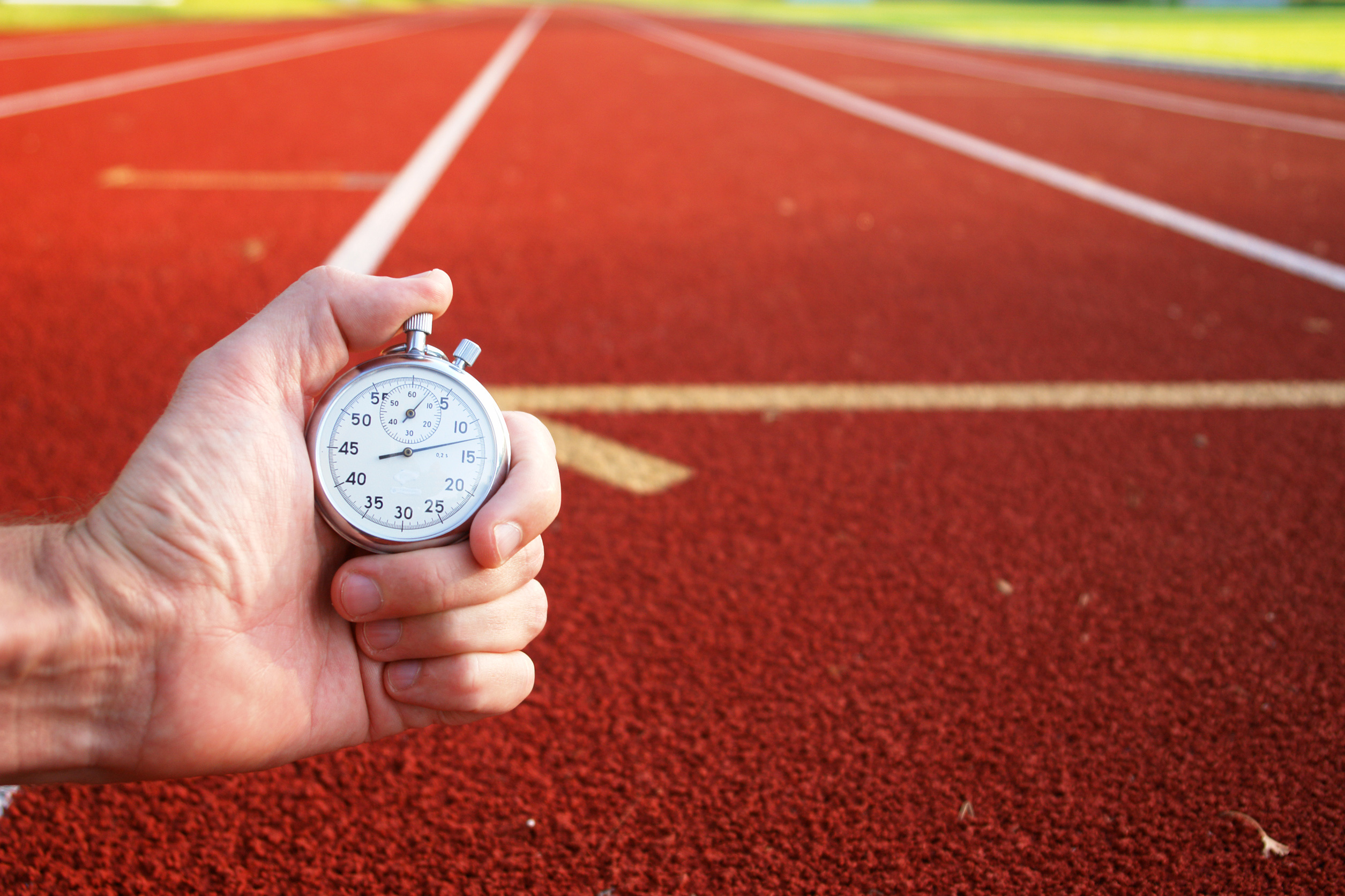- When I started running, I thought everything would be extremely easy because of my age and fitness level. At 17, a 10km race didn’t seem to be an aggressive challenge. Therefore, I did not take any precautions or medical advice before starting, I simply set a goal of running 10 km as fast as possible. Since I had played before football, basketball and volleyball, I rated myself as “advanced” sportsman started running. The plan was to start with 3 km a day for a week and gradually increase 1 km each week. I wanted to run that distance every day to reach my goal in about 8-9 weeks. The race I wanted to participate in was an official event of my city and the prizes for the first 10 places were attractive. My motivation was very high.
But what happened? I didn’t even make it to the sixth week. I hurt my knee. The injury was not very severe but the doctor told me to stop running. So, I couldn’t participate in the race… and couldn’t even run at all for a while.
What did I learn? What do I suggest now?
- It is better to look for advice before defining the training plan.
- You should visit your doctor and have a checkup.
- The training plan should be adequate for you.
- Consider your age, physical condition, type of sport and the physical effort required by the activity you want to start. Define achievable targets.
- The body has its limits. Training days and rest days are equally important. Your body recovers, muscles get repaired and develop during the rest phases.
- Training should be varied. If possible, you should have workouts at high-intensity but as well some with low-impact.
- In your training sessions you can target a body part (upper body, lower body or core) or train the whole body. There are workouts to improve endurance, agility, speed or strength. There are also compound exercises to make several muscles work at the same time.
- Consider your goals when preparing your program:
- Losing weight.
- Muscle definition.
- Agility and strength.
- Improve your overall fitness level.
- Run a 10 km race.
- Increase your stamina.
- The body gets used to training loads. For example, if your goal is to lose weight and you always run 3 km at a constant speed, you will reach a point where your body will adapt and will burn less calories. But in a similar way, with the right loads, your endurance and strength will increase. This topic will be covered in detail in another article.
- Listen to your body. It is normal to feel tired after an intense training and even that your muscles ache a little due to the effort made. But if you don’t feel ok, feel dizzy during or after the training or get hurt, your plan needs adjustment. Your body might be telling you that something is not right. A mild injury can easily become serious if not treated properly.
I wish you a lot of success.
Regards
Miguel
